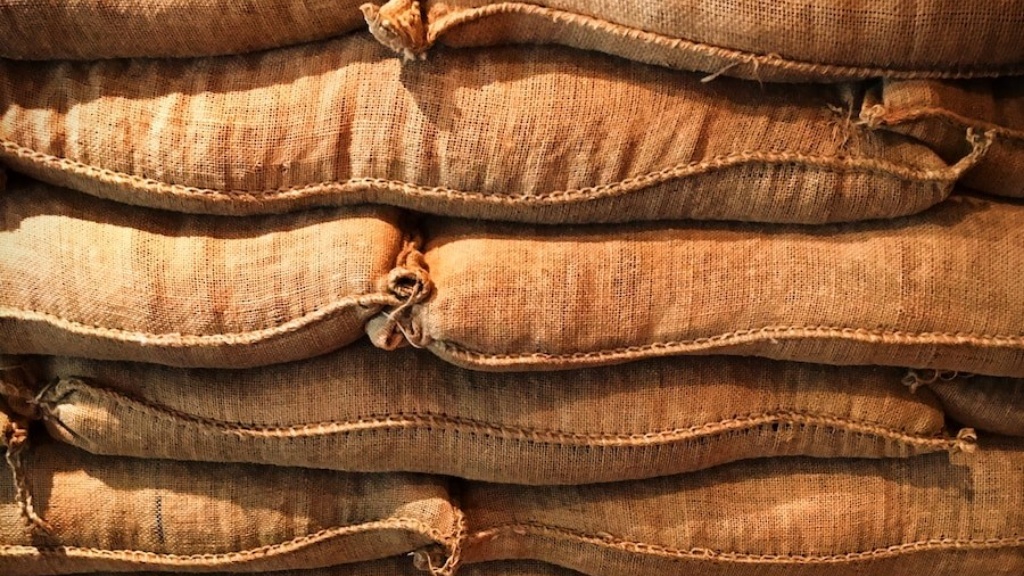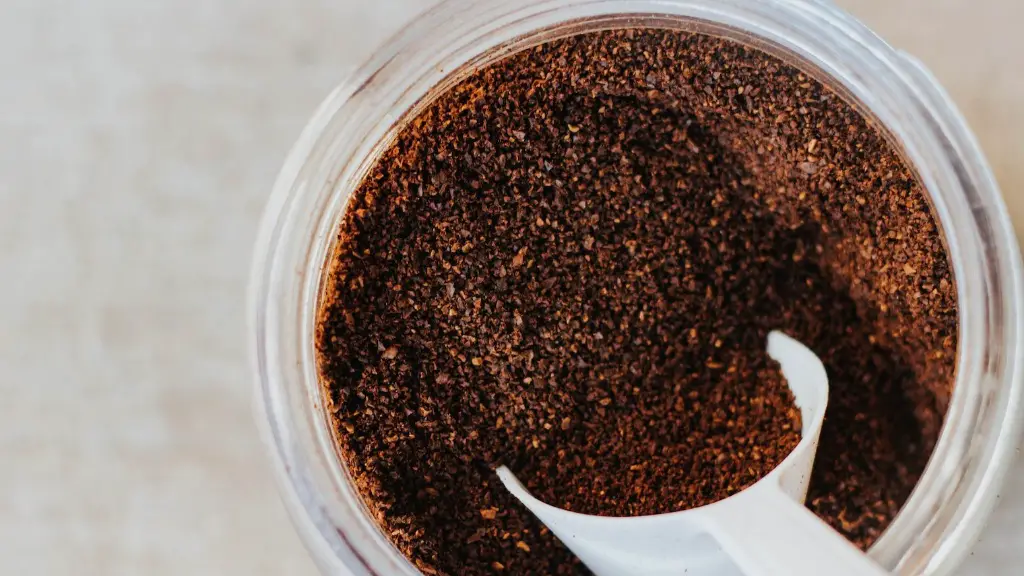Intermittent fasting is becoming increasingly popular due to its purported benefits such as weight loss and improved cardiovascular health, and the question of whether or not you can still drink iced coffee when fasting is on a lot of people’s minds. In this article we will explain the basics of intermittent fasting, and discuss the considerations you should take when deciding whether or not to consume iced coffee while fasting.
What Is Intermittent Fasting?
Intermittent fasting is a type of dietary regimen that involves cycling between periods of eating and fasting. The most common form of intermittent fasting is called the 16/8 diet: people will fast for 16 hours and eat their meals during an 8-hour window. During the fast, people are not allowed to consume any calories, though they can still drink non-caloric beverages like water, tea, or black coffee.
What Is Iced Coffee?
Iced coffee is a type of cold beverage made by steeping coarsely ground beans in cold water, or by brewing hot coffee then cooling it down. The drink is served with several different kinds of milk and sugar syrup, making it highly caffeinated and full of calories. As such, it is important to consider whether or not it is permissible to drink iced coffee during a period of fasting.
Can You Drink Iced Coffee While Intermittent Fasting?
The answer to this question depends on a few factors, including the type of diet you are following, how strict you are with your intermittent fasting, and how many calories are in your iced coffee. Generally speaking, if you are following a 16/8-style intermittent fasting diet, then you will not be allowed to consume any calories, including those found in iced coffee. However, if you are following a more flexible form of intermittent fasting, then you may be able to consume iced coffee during your fast.
It is important to remember that consuming any type of calories while fasting will kick you out of the fasted state and slow down the benefits you get from intermittent fasting. Therefore, it is important to consider the calories and other nutritional value of the iced coffee you wish to consume, and decide whether or not the benefits of consuming it will outweigh the negatives. If you are unsure about the nutritional value of your iced coffee, then it is best to avoid it altogether, as the calories from the drink could easily exceed the recommended calorie allowance for a day.
Benefits and Drawbacks of Drinking Iced Coffee While Intermittent Fasting
Aside from the obvious benefit of consuming a cold beverage during a fast, there are several potential benefits and drawbacks to consuming iced coffee while intermittent fasting. On the one hand, iced coffee can be a great way to keep your energy levels up during the fast, but on the other hand, it can be easy to consume too many calories and compromise your fasting goals.
Experts also point out that drinking caffeinated beverages while fasting can have an adverse effect on your body. While caffeine can provide a short-term boost of energy, studies have shown that it can also disrupt the body’s circadian rhythm, which can potentially lead to negative health effects over time. Additionally, caffeine can lead to dehydration, which can cause headaches and fatigue that can further disrupt your eating pattern.
Alternatives to Iced Coffee
If you still want to enjoy a cold beverage while intermittent fasting, there are several alternatives that are low in calories and still provide some level of energy boost. For instance, green and white tea can be an excellent alternative to iced coffee. Not only do they contain caffeine, but they are also full of antioxidants and other healthful compounds. Alternatively, you can try making your own version of iced tea with different fruits and herbs. This can provide an energizing and delicious drink without the extra calories or potential health drawbacks.
Takeaway
In conclusion, if you are following a strict 16/8-style intermittent fasting diet, then it is best to avoid iced coffee. However, if you are following a more flexible form of intermittent fasting, then it may be permissible to consume iced coffee in moderation. It is important to remember that consuming any type of calories while fasting will kick you out of the fasted state, so it is advisable to consider the nutritional value of the iced coffee you wish to consume before doing so. If you still want to enjoy a cold beverage while intermittent fasting, there are several alternatives to iced coffee that are low in calories and still provide some level of energy boost.
Benefits of a Fasting Diet
Intermittent fasting can provide several health benefits, including weight loss, improved focus and concentration, improved cardiovascular health, and reduced inflammation. Additionally, fasting can increase the production of growth hormone and reduce the risk of age-related diseases. As such, it can be an effective way to improve your overall health and wellbeing.
Potential Risks and Side Effects
While intermittent fasting can bring a variety of health benefits, it is important to remember that it can also cause certain side effects, such as headache, irritability, and fatigue. Additionally, if done incorrectly, intermittent fasting can also lead to malnourishment and dehydration. As such, it is important to consult with a healthcare professional before starting a fasting diet. Additionally, it is important to take into account your own health, lifestyle, and dietary needs when deciding whether or not intermittent fasting is right for you.
The Importance of Hydration
It is important to remember that when following a fasting diet, it is essential to remain hydrated. Drinking adequate amounts of water can help reduce the side effects of intermittent fasting, and can also increase your energy levels, focus, and concentration. Additionally, drinking water can help regulate your body temperature and boost your metabolism, which can help you burn more calories and potentially aid in weight loss. Therefore, it is important to ensure that you are consuming enough water throughout your fasting period.
Nutritional Supplements
While following a fasting diet, it can be important to consider adding certain nutritional supplements to your diet. For example, adding a multivitamin or mineral supplement can help provide your body with the extra micronutrients it needs while you are fasting. Additionally, there are several herbs and supplements that can help reduce hunger and cravings, improve mental focus, and reduce the side effects of fasting, such as fatigue and irritability. Therefore, it is important to consult with a healthcare professional before adding any supplements to your diet to ensure they are right for you.



